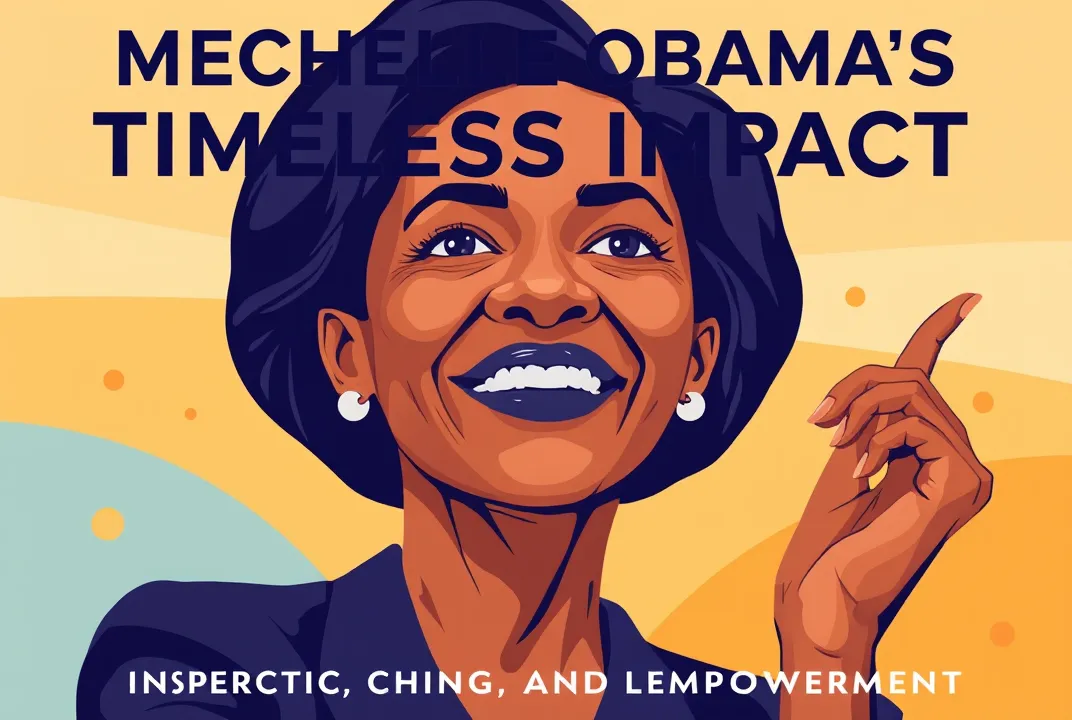Introduction: A Legacy Reimagined
Caroline Kennedy, the only surviving child of President John F. Kennedy and Jacqueline Kennedy Onassis, embodies a legacy that transcends mere lineage. Over the years, she has carved her own path as a diplomat, author, and advocate for social causes, wielding influence that has shaped perceptions of diplomacy and public service in America and beyond. As we delve into her life and contributions, we will explore how she has not only carried the torch of her family's storied past but also illuminated a modern approach to diplomacy that emphasizes communication, empathy, and cultural understanding.
Early Life: A Foundation of public service
Growing Up in the Spotlight
Born on November 27, 1957, in New York City, Caroline grew up in an environment steeped in privilege yet under constant scrutiny. The assassination of her father in 1963 marked a pivotal moment in her life, thrusting her into the public eye at an early age. Despite the weight of her family's history, she emerged with a strong sense of identity and purpose.
Education and Early Career
Caroline attended Radcliffe College and later earned a law degree from Columbia University. Her education laid the groundwork for her future endeavors. Before entering the diplomatic arena, she worked as an editor and authored several books, including a collection of her father's speeches. These early professional experiences provided her with a platform to articulate her views on issues ranging from civil rights to women's empowerment.
Diplomatic Journey: Embracing a Global Role
Ambassador to Japan: A New Chapter
In November 2013, Caroline Kennedy was appointed as the United States Ambassador to Japan, a role that would define her diplomatic career. Her tenure in Japan was marked by her commitment to strengthening U.S.-Japan relations, focusing on cultural exchange, economic partnerships, and disaster relief efforts.
During her time in Japan, she actively promoted educational initiatives and youth exchange programs that fostered mutual understanding between the two nations. Kennedy's approach was refreshingly personal; she often engaged with local communities, demonstrating an authentic interest in their culture and traditions.
Navigating Challenges: Natural Disasters and Political Tensions
Kennedy's role was not without challenges. The 2011 Fukushima nuclear disaster left a lasting impact on Japanese society, and navigating the aftermath required sensitivity and nuance. She worked tirelessly to support recovery efforts, visiting affected areas and advocating for assistance from the U.S. government. Her ability to empathize with the struggles of ordinary citizens showcased a more human side to diplomacy.
Additionally, her tenure saw rising tensions in the Asia-Pacific region. Kennedy's diplomatic efforts included bolstering alliances and addressing security concerns, reflecting her capability to balance traditional diplomatic responsibilities with a modern approach focused on dialogue.
Legacy and Influence: A Modern Diplomat's Impact
Redefining Diplomacy
Caroline Kennedy's tenure as ambassador exemplified a shift in diplomatic practice. She prioritized soft power and cultural exchanges over mere political negotiations, embodying a more holistic view of international relations. By fostering goodwill and understanding, Kennedy demonstrated that diplomacy extends beyond government officials to encompass everyday citizens.
Empowering Women and Youth
Throughout her career, Kennedy has championed issues related to women's rights and youth empowerment. She has served on numerous boards and organizations dedicated to these causes, advocating for policies that support education and equal opportunities. Her work reflects a broader commitment to social justice, emphasizing that diplomacy is not only about negotiations but also about addressing the needs of marginalized communities.
Recent Developments: Continuing the Legacy
Recent Appointments and Activities
In the years following her ambassadorial role, Caroline Kennedy has remained active in various capacities. She has taken on positions within organizations focused on education and cultural diplomacy, utilizing her platform to continue advocating for change. In 2022, she was appointed to a prominent role in the Biden administration, reaffirming her commitment to public service and diplomacy.
The Influence of a Modern Diplomat
Kennedy’s influence extends far beyond her official titles. She has become a role model for aspiring diplomats, particularly women, who see in her example the possibility of a career that blends personal values with public service. Through her writing and speaking engagements, she continues to inspire a new generation of leaders to embrace a more compassionate and inclusive approach to diplomacy.
Conclusion: A Legacy for the Future
Caroline Kennedy's journey is a testament to the enduring power of a legacy that is both inherited and earned. As she continues to navigate the complexities of modern diplomacy, her emphasis on empathy, communication, and cultural understanding serves as a guiding light for future generations. In a world that often seems divided, Kennedy reminds us that the true essence of diplomacy lies in our ability to connect with one another, transcending borders and bridging divides.
With each step she takes, Caroline Kennedy not only honors her family's storied past but also redefines what it means to be a diplomat in the 21st century. Her story is one of resilience, commitment, and a relentless pursuit of a more just world, leaving an indelible mark on the fabric of American diplomacy. As we reflect on her contributions, we are reminded that the legacies we inherit can be reshaped by the choices we make, and that influence can be wielded in ways that inspire hope and foster understanding across nations.


 Kash Patel: Insights Into His Political Influence and Journey
Kash Patel: Insights Into His Political Influence and Journey
 Ultimate Showdown: The Rise of UFC and Its Global Impact
Ultimate Showdown: The Rise of UFC and Its Global Impact
 Unlocking 'The Substance': A Deep Dive into Its Impact on Modern Culture
Unlocking 'The Substance': A Deep Dive into Its Impact on Modern Culture
 Michelle Obama's Timeless Impact: Inspiring Change and Empowerment
Michelle Obama's Timeless Impact: Inspiring Change and Empowerment
 Leonard Peltier: The Unyielding Struggle for Justice and Freedom
Leonard Peltier: The Unyielding Struggle for Justice and Freedom